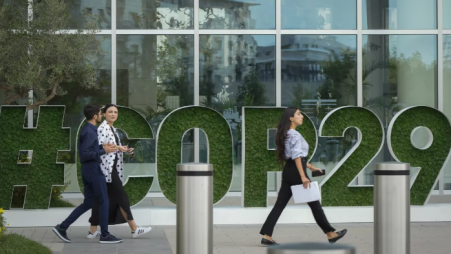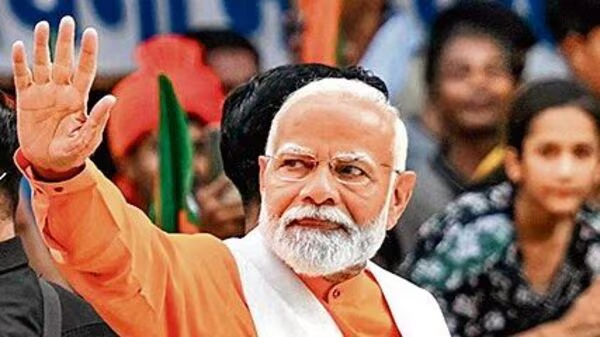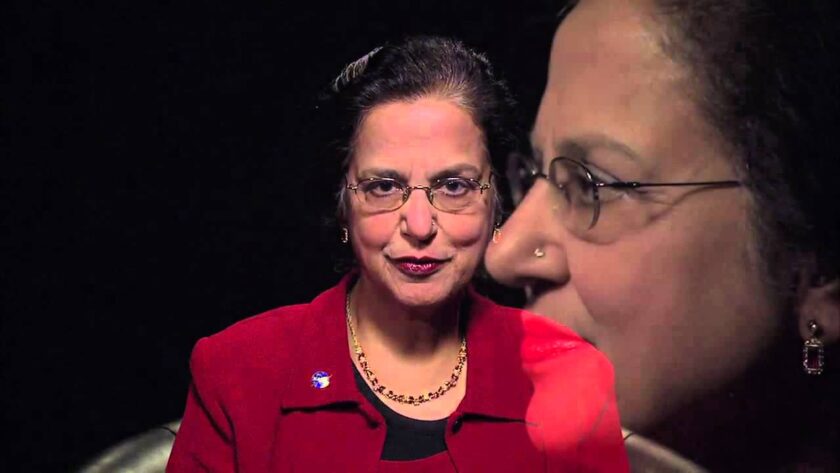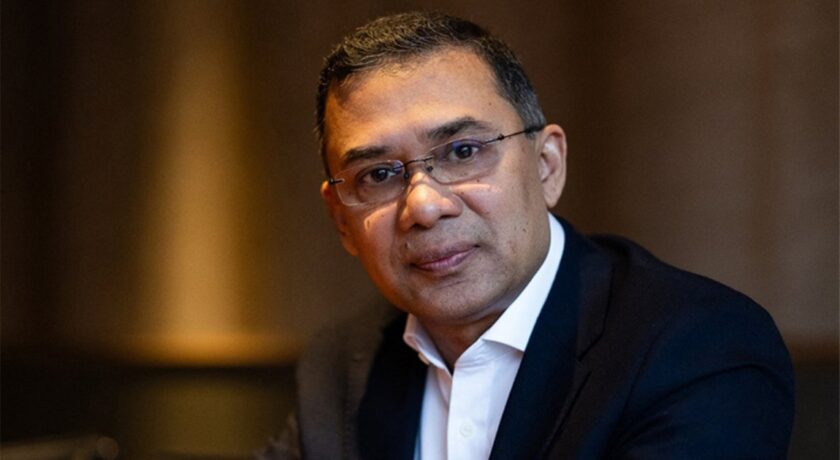Rio de Janeiro -At the G20 Summit in Rio de Janeiro, Prime Minister Narendra Modi outlined India’s achievements and contributions in addressing hunger, poverty, and social inclusion while emphasizing sustainable development. Here are the highlights:
India’s Achievements
- Poverty Alleviation:
- Lifted 250 million people out of poverty over the past decade.
- Focused on inclusive development through social schemes and grassroots initiatives.
- Food Security:
- Over 800 million people are provided free food grains under national programs.
- India’s Integrated Nutrition Support Programme, including the Saksham Anganwadi initiative, targets vulnerable populations, such as pregnant women, children, and adolescents.
- Health and Social Security:
- World’s largest health insurance scheme covers over 550 million people.
- Extended free health insurance benefits to senior citizens over 70.
- Women-led Development:
- 300 million women micro-entrepreneurs linked to banks for access to credit.
- Prioritization of nutrition and empowerment for women through targeted campaigns.
- Support for Farmers:
- USD 40 billion distributed to 110 million farmers under the farmers’ assistance scheme.
- Climate-resilient agricultural initiatives include over 2,000 crop varieties and the “Digital Agriculture Mission.”
Global Contributions:
- Humanitarian aid provided to African nations, including Malawi, Zambia, and Zimbabwe.
- Supported Brazil’s proposal for a Global Alliance Against Hunger and Poverty, echoing the “Deccan High-Level Principles for Food Security” adopted during India’s G20 Presidency.
Key Policy Framework:
- Approach centered on “Back to Basics and March to the Future”, blending traditional practices like organic farming with modern technologies such as digital public infrastructure.
- Advocacy for the Global South, emphasizing the importance of addressing challenges like food, fuel, and fertilizer crises caused by global conflicts.
G20 and SDG Priorities:
- Continued focus on Sustainable Development Goals (SDGs) under Brazil’s presidency, with an emphasis on inclusive development, youth, and women-led initiatives.
- Reiterated the relevance of India’s G20 mantra, “One Earth, One Family, One Future”, in shaping international cooperation.
PM Modi’s speech underscored India’s leadership role in addressing global food security and poverty, reinforcing partnerships for a sustainable and inclusive future. These measures align with India’s commitment to uplifting the Global South while leveraging technology and traditional knowledge for resilience.
Focus on Climate Finance: India stressed the need for adequate, predictable, and grant-based climate finance. The country emphasized achieving a New Collective Quantified Goal (NCQG) of at least $1.3 trillion annually, which is essential for supporting developing nations in their mitigation and adaptation efforts
Balancing Mitigation and Adaptation: India called for a greater emphasis on adaptation, highlighting that current mechanisms overly focus on mitigation. Adaptation funding is crucial for vulnerable regions like the Sundarbans and northeastern states
Accountability of Developed Nations: India criticized the failure of developed countries to fulfill the $100 billion annual pledge made in 2009. The Indian delegation proposed a system of regular reviews to ensure transparency and accountability in meeting climate finance obligations

Resistance to Private Investment Reliance: India rejected proposals to rely heavily on private investments, arguing that they reduce public funding obligations from developed countries. Instead, India advocated for mechanisms that provide direct, concessional, and long-term financial support
Carbon Market Mechanisms: India supported market-based tools like carbon credits to incentivize low-carbon development, provided these mechanisms are fair and accessible to developing countries
Advocating for the Global South: India positioned itself as a strong voice for the Global South, seeking equitable treatment and financial commitments that address both emissions reductions and climate resilience
These discussions set the stage for further deliberations at COP30, where updated Nationally Determined Contributions (NDCs) will be presented. The outcomes reflect India’s broader push for justice and equity in global climate negotiations.









